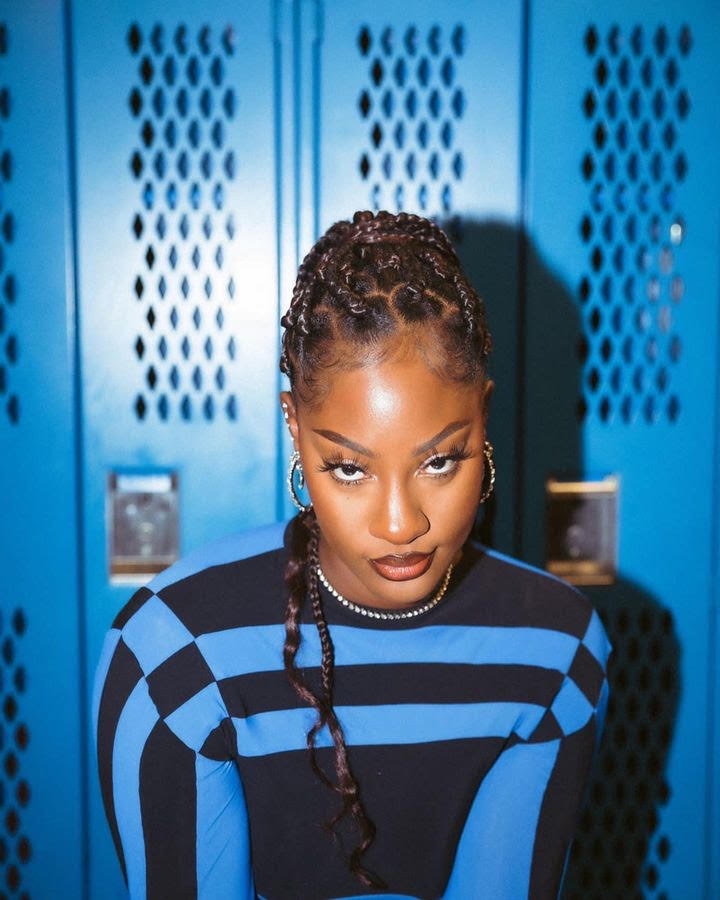Dry January seems like it’s everywhere, doesn’t it? At the top of every new year, the subject dominates social media posts and conversations with friends over mocktails. In 2022, an estimated 35% of Americans abstained from alcohol for the month of January — an increase from 21% in 2019.
After Dry January is over, many people will pour a drink in celebration of their achievement, while others may choose to make abstaining from alcohol a more permanent lifestyle. But for many Americans, the problem of addiction is more serious. More than 14 million adults in the United States have alcohol use disorder, and each year, we lose nearly 100,000 people to alcohol-related causes.
The music industry — known for sex, drugs and rock ‘n’ roll — is among those hardest hit. A 2020 research project involving Tulane University found that a staggering 56% of music industry professionals cite problematic substance use. And we’re all familiar with the countless stories of artists who have tragically lost their lives or felt like they couldn’t return to the stage as they battled their addiction.
Now, the music industry is beginning to take the lead in supporting people in addiction recovery through community and empowerment, with musicians, fans, industry executives and crew showing what’s possible with innovative new solutions that go beyond the traditional recovery model.
Sadly, conventional approaches to addiction are not solving the problem at the same pace it’s growing. Despite the best of intentions, these traditional approaches can lead to feelings of shame and exclusion; many people in recovery say treatment programs can be too much sitting around and talking about their weaknesses. They can also feel isolating, and loneliness is one of the worst problems someone struggling with addiction can face. Because of this, there’s a negative stigma surrounding people in recovery.
But Dry January shows us something different. Instead of fostering isolation, it creates community, and it feels empowering because everybody’s doing it. It’s also inclusive of people who have challenges with substance use as well as those who don’t. There’s no demarcation: We’re all in this together. You feel freer to plan fun, sober activities with others. And whether you’re out socially or at a work event, you don’t have to make excuses for not drinking. People openly share how good they feel and how they’re gaining from it, not what they’re giving up.
It begs the question: What if this was how we supported people in recovery all year round? In music, at least, it’s a question that’s now being answered by a number of artists, companies and organizations.
The Warped Tour provided mental health and sobriety support on the road throughout, including bringing along a sober coach as a guide to artists and crew in recovery. This not only allowed the tour to help those who were trying to stay sober but also offered services to those whose habits were starting to affect their well-being before it became a larger issue.
Last year, Danny Wimmer Presents joined forces with 1 Million Strong, an initiative driven by Stand Together and The Phoenix (one of the most innovative recovery programs in the country) to create sober-supportive spaces or “wellness retreats” — for people in recovery and others — at last year’s Bourbon & Beyond Festival and the Louder Than Life Festival. In October, The Chainsmokers did the same at their concert at UC Berkeley’s Greek Theater.
This isn’t about turning the industry sober. It’s about giving people a better path to truly living in recovery so they can bring their best selves to music — allowing everyone to benefit from their unique contributions.
It’s clear that people across the music industry see the urgent need for something new. And perhaps it’s not surprising to see how the industry is uniquely able to offer it.
Just like the best aspects of Dry January, perhaps there’s no greater force on Earth than music at fighting isolation with community, overcoming shame by tapping into inner strength and beating stigma with self-expression and pride.
Colette Weintraub is the head of Stand Together Music, working alongside the music industry to co-create solutions around addiction recovery, education, free speech and ending the war on drugs.
Kevin Lyman, best known as the creator of the Vans Warped Tour, has shaped youth culture for over 40 years with his award-winning expertise in the music and entertainment industry as well as business and philanthropic ventures.



